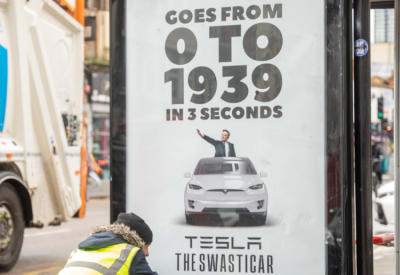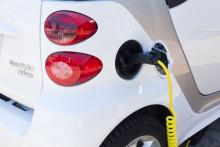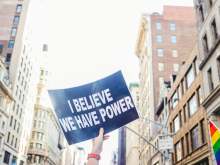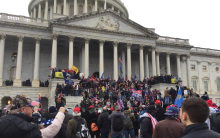Boycotts as consumer power
There are many ways people can protest governments that don’t align with their values. Just one of these ways is boycotts.
In February 2025, it was announced that Tesla sales almost halved in Europe as part of a consumer backlash against Musk’s role in the US government and his backing of far right sentiments. And a survey showed that a quarter of US shoppers recently dumped one or more of their favourite stores due to their political stances, with 40% recently shifting their spending to align with moral views. This includes boycotting companies like Amazon, Google, McDonalds, Meta and Walmart, which announced rollbacks of DEI initiatives since Trump’s inauguration.
One US resident, Kim Wohlenhaus in Missouri, described why she was boycotting such companies:
“I’m just trying to do little things that make me feel a little bit empowered, to stake my claim against what’s happening and how companies are acting in ways that are opposed to my values … It feels good to be able to do something.”
While individuals are acting on their own initiative, campaign groups are springing up across the US to try to collectivise boycotting efforts.
The website targetfast.org is run by Black faith leaders calling for a 40-day fast against Target, which was a leading corporate voice supporting DEI initiatives following George Floyd’s murder by police, and yet, days after Trump’s inauguration, terminated DEI commitments including its executive committee focused on racial justice.
The Latino Freeze Movement is advocating that people buy only from US businesses that respect the Latino community, in responses to the DEI rollback and increased fear and marginalisation of migrant communities
The organisation People’s Union USA has gained attention for speaking out against billionaires and big corporations’ power, and organised an “economic blackout” – whereby people didn’t spend anything for 24 hours in protest – and week-long protests of, for example, Nestlé, Walmart, and Amazon, in an effort to use spending power to show that regular people can control the economy.







